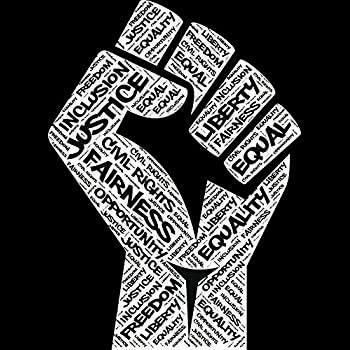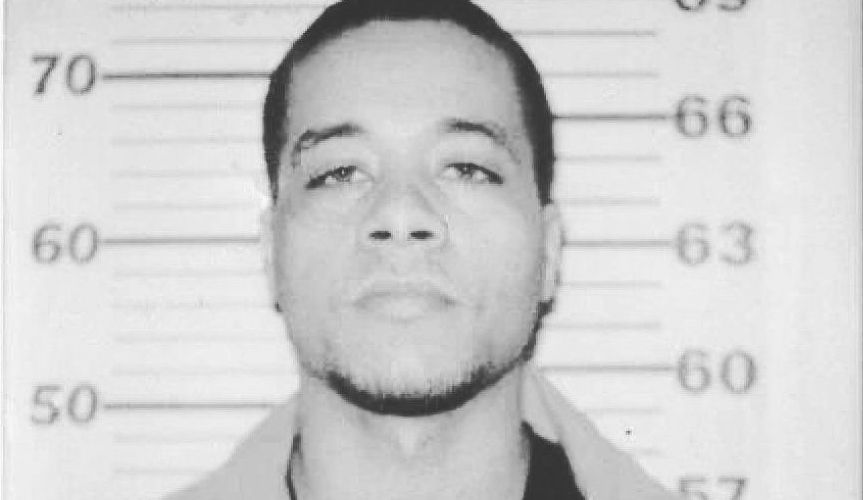Through an intricate system of interconnectivity, Ivan Kilgore, an incarcerated activist in California, has created a web of prison advocacy out of the people closest to the problem — his fellow prisoners. The movement gained traction after a 2016 protest by incarcerated men and women in several different states on the anniversary of the Attica uprising. Through the demonstration, Kilgore and his nonprofit, United Black Family Scholarship Foundation, connected with members of the Free Alabama Movement, founded by two men in an Alabama state prison. Members of the newly formed coalition have worked in coordination to move the needle from inside: they gain access to cell phones, record inhumane treatment by corrections officers, and document the conditions in which they are forced to live. Their work exposed, among other things, the flippancy with which prison officials were treating outbreaks of COVID inside.
Kilgore continues to grow his network of “inside orgs.” His story, and the story of his organization, exemplifies an important idiom coined by his friend Glenn Martin: Those closest to the problem are closest to the solution. A book without prisoners at the forefront of prison advocacy would, under these terms, be incomplete.
[Oppression] is the trap that we cannot see. It blinds the possibilities of opportunity and it disregards others. (Kilgore, Domestic Genocide)
[vc_empty_space height=”20px”]

